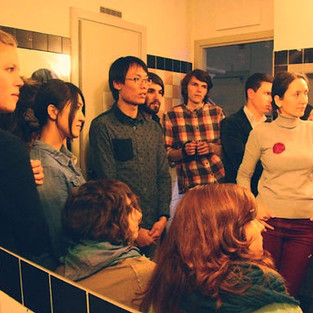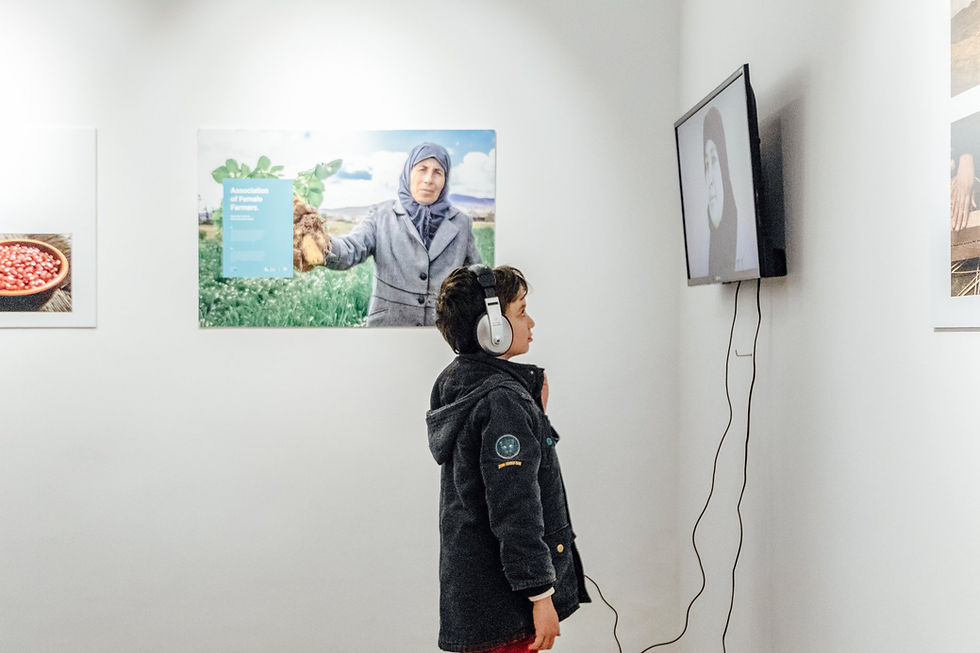Earth Week
- Global Playground

- Feb 15, 2019
- 2 min read
Updated: Feb 19, 2019
Green in Everyday Life
- workshop on how to live a more sustainable life -
“But before you change the world, walk three circles around your house”
Chinese proverb
Sometimes it seems impossible that we can address the global issue of climate change, since its complexity creates barriers for designing working solutions. However, enormous impacts on the society and the environment don’t appear over a day. It is our individual choices and actions that build these challenges brick by brick. Realising this, NGO Global Playground Stockholm hosted a workshop ‘Green in Everyday Life’at Stockholm Earth Week. Inspired by the trans-national meeting organized byColumbares, in which we participated last year, the workshop takes an important role to show how change in our everyday habits can significantly benefit the planet.
The room buzzedwith excitement of the diverse group that gathered to take part in the workshop. There were people from different countries and backgrounds, which contributed to the organic environment and the learning process.
We startedfrom outlining the major challenges related to the energy and water consumption that people around the globe face nowadays. As soon as this foundation had been set, the real fun started. Everyone’s attention was directed towards a bucket in the middle of the room, from which one by one we pulled out items that can address the discussed issues. And while roles of a portable solar panel or a tap aerator seemed easy for the group to understand, one can only imagine how many creative solutions are hidden inside, let’s say, a simple plastic bottle.
Did you know that it can reduce the amount of water you flush down the toilet?
Right afterwards, we made an engaging tour at Gula Villan, a big house on campus that was perfect for us to give hands-on learning on energy and water saving. We walked through the kitchen and the bathroom discussing devices and our everyday habits that need to be altered – don’t open a fridge without a need, match pan to hob size, mind your shower time and many others.
Next on the agenda was another pressing topic – our consumption choices. Firstly, we learned that when it comes to our personal water footprint, water embodied in products that we consume can have an enormous role to play. Even though everyone succeeded in matching the products with their footprints, the staggering 15000 l per kilo of beef or 140 l per coffee cup left everyone shocked.
The tension in the room grew even stronger over the ‘Banana game’, when all the participants took their supply chain roles and the goal to deliver a certain price to a consumer so seriously, that a mutual agreement, just as fare conditions for the plantation workers, was impossible to achieve.
However, this was just a game with a moral, and we have no doubts that everyone was leaving the room inspired to increase their responsible choices and motivate others to act for a better planet.













Comments